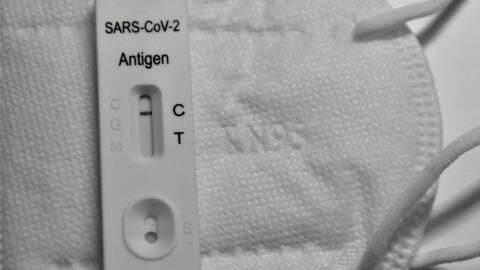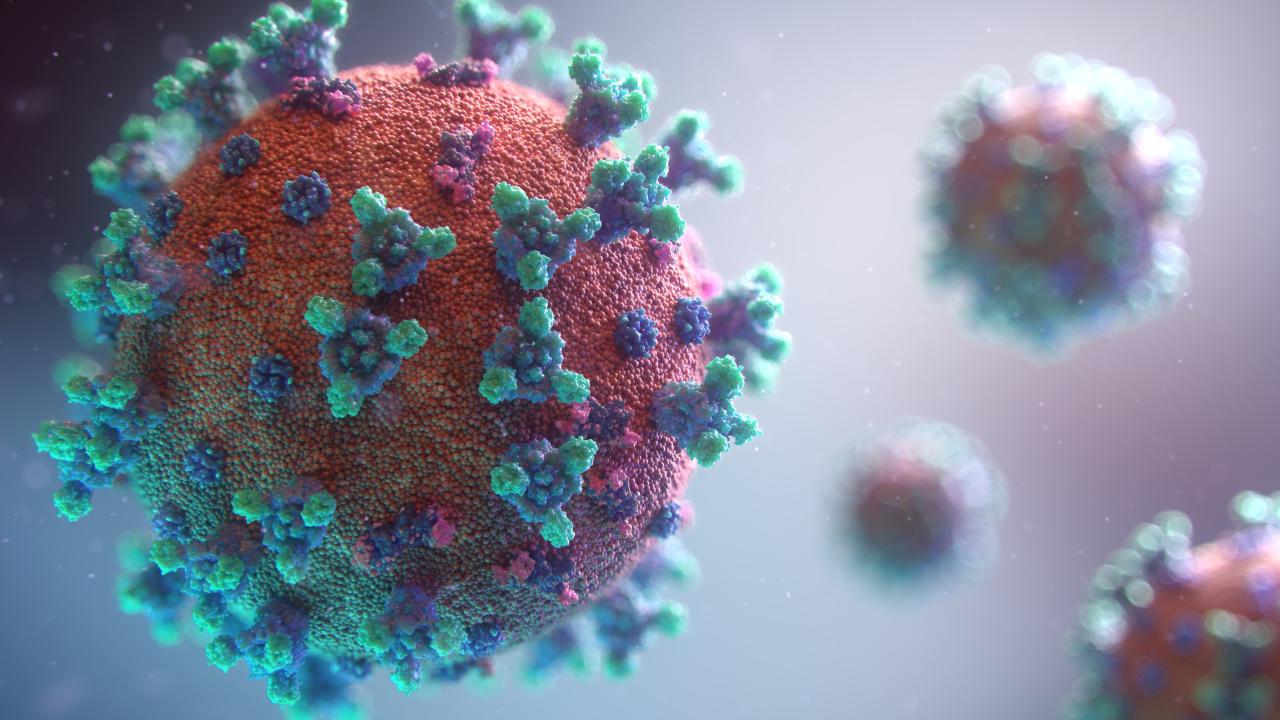The IHU variant has been sparking quite a buzz after a report was published by French researchers in the journal medRxiv on 29 December.
Discover our latest podcast
Make no mistake, the coronavirus is constantly mutating, and different variants are actually discovered more often than you think. While some infect small clusters of people and then dissipate, others manage to make more of a mark on society—as was the case with variants like Alpha, Beta, Delta, and now Omicron.
Which category does the IHU variant fall under?
The World Health Organisation has three categories under which they list new and potentially threatening variants—variants of concern, variants of interest, and variants being monitored. So far, the IHU variant, or B.1.640.2, has not been put under any of these classifications. However, it is a sub-lineage of B.1.640 which is currently being monitored by the organisation.
However, according to Bloomberg, WHO has known about this variant since November—when the first case was first identified in France. During a press conference on 4 January, Abdi Mahamud who is a WHO incident manager on COVID, said that it has ‘been on the organisation’s radar.’ He also added that the ‘virus had a lot of chances to pick up’ but that hasn’t been the case so far.
Should we be worried?
For now, the WHO has reassured the public that there’s no reason to panic.
In November, the first person that was detected with the IHU variant had travelled into the country from Cameroon and the twelve subsequent cases have all been linked back to the traveller. After that, there have been no more reported cases in the other regions or countries.
Furthermore, some experts argue that the institution that first discovered the variant, and named it, IHU Méditerranée Infection, was not a completely credible source. This is because the founder of the institution, Didier Raoult—who was also a contributing author of the study, has been a controversial medical figure in France. As reported by Forbes, he previously touted antimalarial drug hydroxychloroquine as a COVID cure. Pulmonology researcher, Leticia Kawano-Dourado, said (quoted by L'Independant):
The main author of the article describing the new variant is Didier Raoult. This means that these results must be confirmed before being considered reliable.
That being said, the research team that published the study has noted that the data was firstly an example of how easily variants spread across geographic regions and moreover that it should not be ‘used to guide clinical practice.’ They added:
This article is a preprint and has not been peer-reviewed [what does this mean?]. It reports new medical research that has yet to be evaluated and so should not be used to guide clinical practice.















